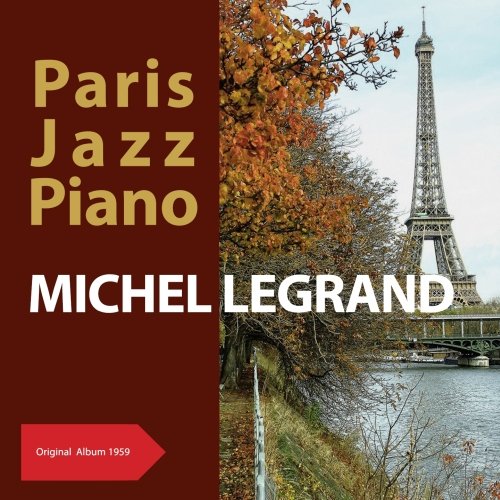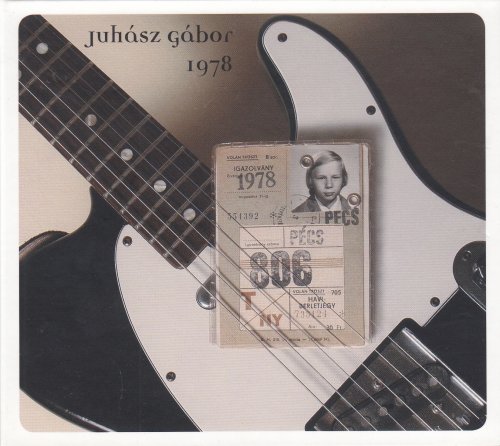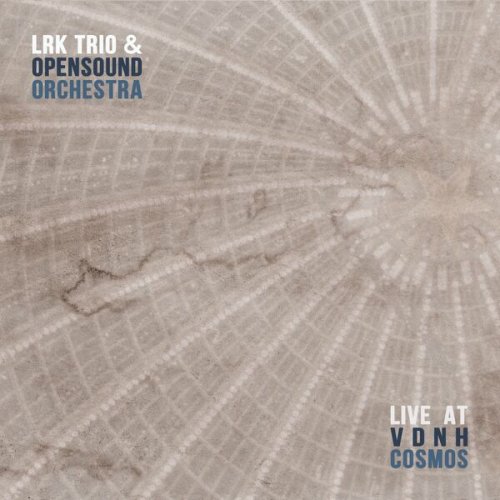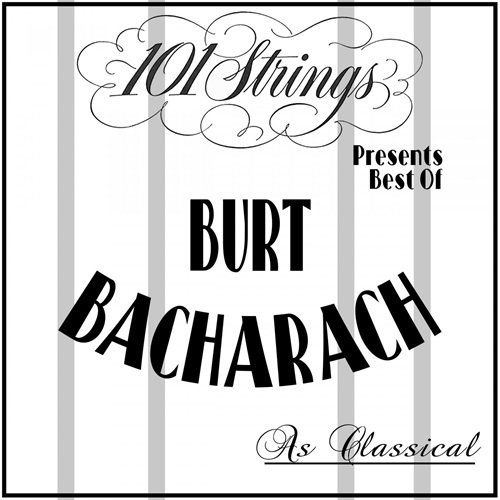András Schiff - Bartok: The Piano Concertos (2002)
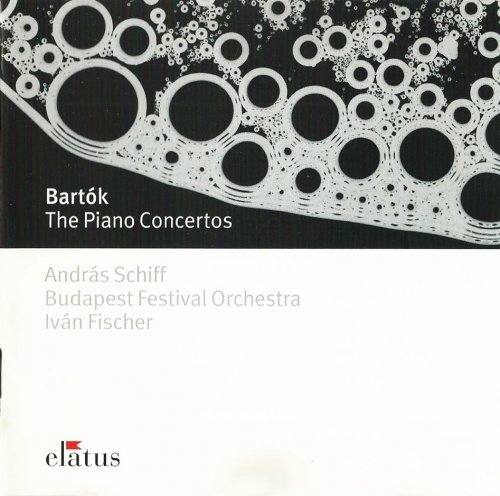
Artist: András Schiff
Title: Bartok: The Piano Concertos
Year Of Release: 2002
Label: Elatus
Genre: Classical
Quality: FLAC (image+.cue,log,scans)
Total Time: 01:16:00
Total Size: 342 Mb
WebSite: Album Preview
Tracklist: Title: Bartok: The Piano Concertos
Year Of Release: 2002
Label: Elatus
Genre: Classical
Quality: FLAC (image+.cue,log,scans)
Total Time: 01:16:00
Total Size: 342 Mb
WebSite: Album Preview
01. Klavierkonzert Nr. 1 Sz 83 - Allegro moderato - Allegro [0:09:24.50]
02. Klavierkonzert Nr. 1 Sz 83 - Andante [0:07:11.65]
03. Klavierkonzert Nr. 1 Sz 83 - Allegro - Allegro molto [0:06:59.72]
04. Klavierkonzert Nr. 2 Sz 95 - Allegro [0:09:44.63]
05. Klavierkonzert Nr. 2 Sz 95 - Adagio - Presto - Adagio [0:12:36.55]
06. Klavierkonzert Nr. 2 Sz 95 - Allegro molto [0:06:18.70]
07. Klavierkonzert Nr. 3 Sz 119 - Allegretto [0:07:43.62]
08. Klavierkonzert Nr. 3 Sz 119 -Adagio religioso [0:09:42.73]
09. Klavierkonzert Nr. 3 Sz 119 -[Allegro vivace] [0:06:42.27]
Performers:
András Schiff - piano
Budapest Festival Orchestra
Iván Fischer - conductor
First there was rhythm - pulsing, driving, primal rhythm. And a new word in musical terminology: Barbaro. As with sticks on skins, so with hammers on strings. The piano as one of the percussion family, the piano among the percussion family. The first and second concertos were written to be performed that way. But the rhythm had shape and direction, myriad accents, myriad subtleties. An informed primitivism. A Baroque primitivism. Then came the folkloric inflections chipped from the music of time: the crude and misshapen suddenly finding a singing voice. Like the simple melody - perhaps a childhood recollection - that emerges from the dogged rhythm of the First Concerto's second movement. András Schiff plays it like a defining moment - the piano reinvented as a singing instrument. His "parlando" (conversational) style is very much in Bartók's own image. But it's the balance here between the honed and unhoned, the brawn and beauty, the elegance and wit of this astonishing music that make these readings special. Performances of the first and second concertos are invariably about brute force and no music. Keyboard giants pumping iron. Empty gestures, empty notes. Schiff and his conductor, Iván Fischer, are exciting (and how) because there aren't any empty notes. Every note (and none goes unheard thanks to some brilliant engineering) is a sparking plug, a combustible life-force in Bartók's engine. There is genuine exhilaration (and logic and purpose) here in the contrapuntal ingenuity of the writing. The spirit is in the counterpoint, the interplay of voices. Like Bach, like Bartók. But then to emerge into the twilight of the reflective Third Concerto - it's like suddenly achieving a state of grace. For Bartók, in the last year of his life, that's exactly what it was. And that's exactly how Schiff plays it. Marvellous.
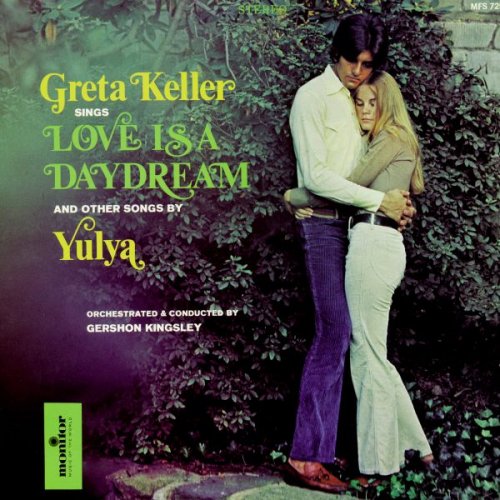
![Joel Ross - Gospel Music (2026) [Hi-Res] Joel Ross - Gospel Music (2026) [Hi-Res]](https://www.dibpic.com/uploads/posts/2026-01/1769535960_cwlbypyroyd2b_600.jpg)
![Klara Cloud & the Vultures - Baroque (2026) [Hi-Res] Klara Cloud & the Vultures - Baroque (2026) [Hi-Res]](https://www.dibpic.com/uploads/posts/2026-01/1769692901_x5lcf3x5ubcfc_600.jpg)
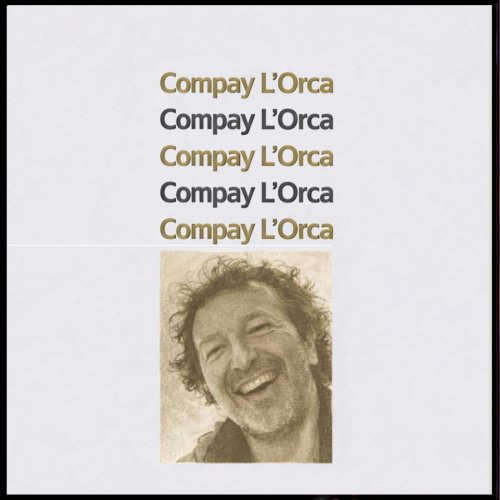
![Wes Montgomery - Bumpin’ (1965/2026) [Hi-Res] Wes Montgomery - Bumpin’ (1965/2026) [Hi-Res]](https://www.dibpic.com/uploads/posts/2026-01/1769712563_cover.jpg)
